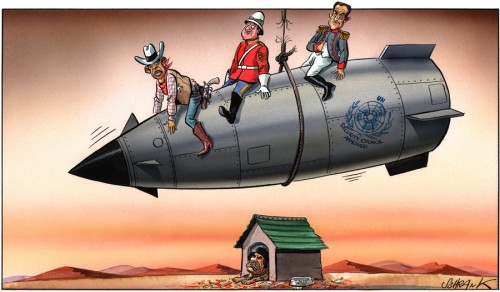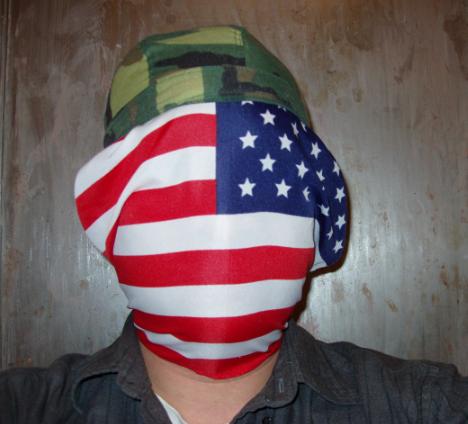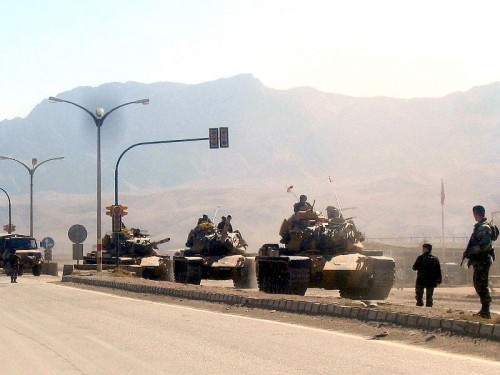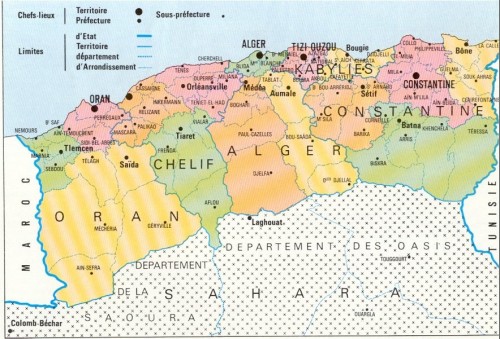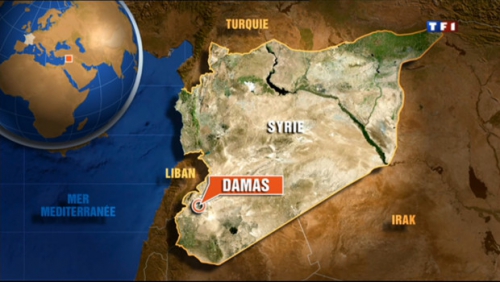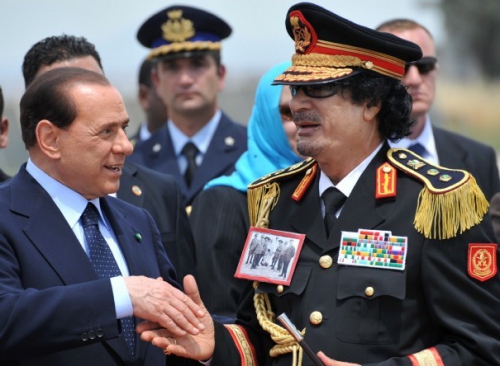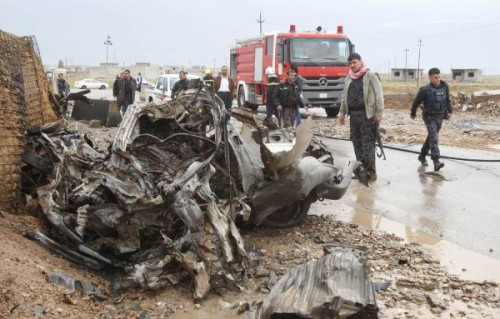When they destabilized Libya and overthrew strongman Muammar Gadhafi in 2011 the U.S. and its Canadian and European allies unleashed a series of events that accounts for the steady flood into Europe of migrants from North Africa. There are, purportedly, “up to 1 million” poor, uneducated, possibly illiterate, predominantly male, and by necessity violence-prone individuals, poised to board rickety freighters in the Libyan ports of Tripoli and Zuwarah, and make the perilous journey across the Mediterranean, to southern Italy. The 900 migrants who perished off the coast of Libya when their vessel capsized embarked in Zuwara.
Zuwara has always been “famous for people smuggling,” notes Richard Spencer, Middle East editor of The Telegraph. “The modern story of Zuwara and its trade in people,” says Spencer, whose newspaper has documented the genesis of the exodus well before the U.S. press awoke to it, “was a key part of the late Col. Muammar Gadhafi’s relationship with the European Union.”
The “indigenous, pre-Arab inhabitants of North Africa,” Berbers, as they are known in the West, have long since had a hand in human trafficking. As part of an agreement he made with Silvio Berlusconi’s government, “Col. Gaddafi had agreed to crack down on the trade in people.” For prior to the dissolution of Libya at the behest of Barack Obama’s Amazon women warriors—Hillary Clinton, Susan Rice and Samantha Power—Libya had a navy. Under the same accord with the Berlusconi government (and for a pretty penny), Gadhafi’s admiralty stemmed the tide of migrants into Europe.
Here’s an interesting aside: Because he cracked down on their customary trade, the Zuwarans of Libya rose up against Gadhafi; the reason for this faction’s uprising, in 2011, was not the hunger for democracy, as John McCain and his BFF Lindsey Graham would have it.
Back in 2007, Labor Prime Minister Tony Blair also shook on an accord with Gadhafi. Diplomacy averse neoconservatives—they think diplomacy should be practiced only with allies—condemned the agreement. The “Deal in the Desert,” as it came to be known derisively, was about bringing Libya in from the cold and into the 21st century. In return, and among other obligations, Gadhafi agreed to curtail people smuggling.
Ever ask yourself why so many northern and sub-Saharan Africans flocked to Libya? As bad as it was before the West targeted it for “reform”—and thus paved the way for the daily privations of the Islamic State—Libya was still one of the mercantile meccas in this blighted and benighted region.
As dumb as “W” was in unseating Iraq’s dictator, Saddam Hussein, he acted wisely with Gadhafi. Both George Bush and Bill Clinton, before him, saw to it that, in exchange for a diplomatic relationship with the U.S., Gadhafi abandoned terrorism and weapons of mass destruction.
Africa has always provided what the cognoscenti term “push factors” for migration: “Poverty, political instability and civil war … are such powerful factors,” laments Flavio Di Giacomo, a spokesman for the International Organization of Migration in Italy. More recently, the Middle East has been the source of the flight. The chaos and carnage in Iraq is ongoing—has been since the American invasion of 2003. Of late, the civil war in Syria, in which the U.S. has sought to topple another strongman who held it all together, has displaced 4 million people. Jordan, Lebanon and Turkey have absorbed hundreds of thousands of these refugees, as they should. But there are at least 500,000 more war-worn Syrians ready to be put to sea.
Programmed from on high, Europeans, like Americans, are bound by the suicide pact of political correctness to open their borders to the huddled mass of Third World people, no matter the consequences to their societies. Gadhafi was without such compunction. In 2010, he openly vowed to “turn Europe black,” unless the neutered Europeans rewarded him handsomely for doing the work they refused to do: patrol and protect their coastline.
“Tomorrow Europe might no longer be European, and even black,” roared Gadhafi, “as there are millions who want to come in. We don’t know if Europe will remain an advanced and united continent, or if it will be destroyed, as happened with the barbarian invasions.”
Presidential candidate Hillary Clinton cackled barbarically when she learned of the demise of Col. Gadhafi, but the colonel is having the last laugh.



